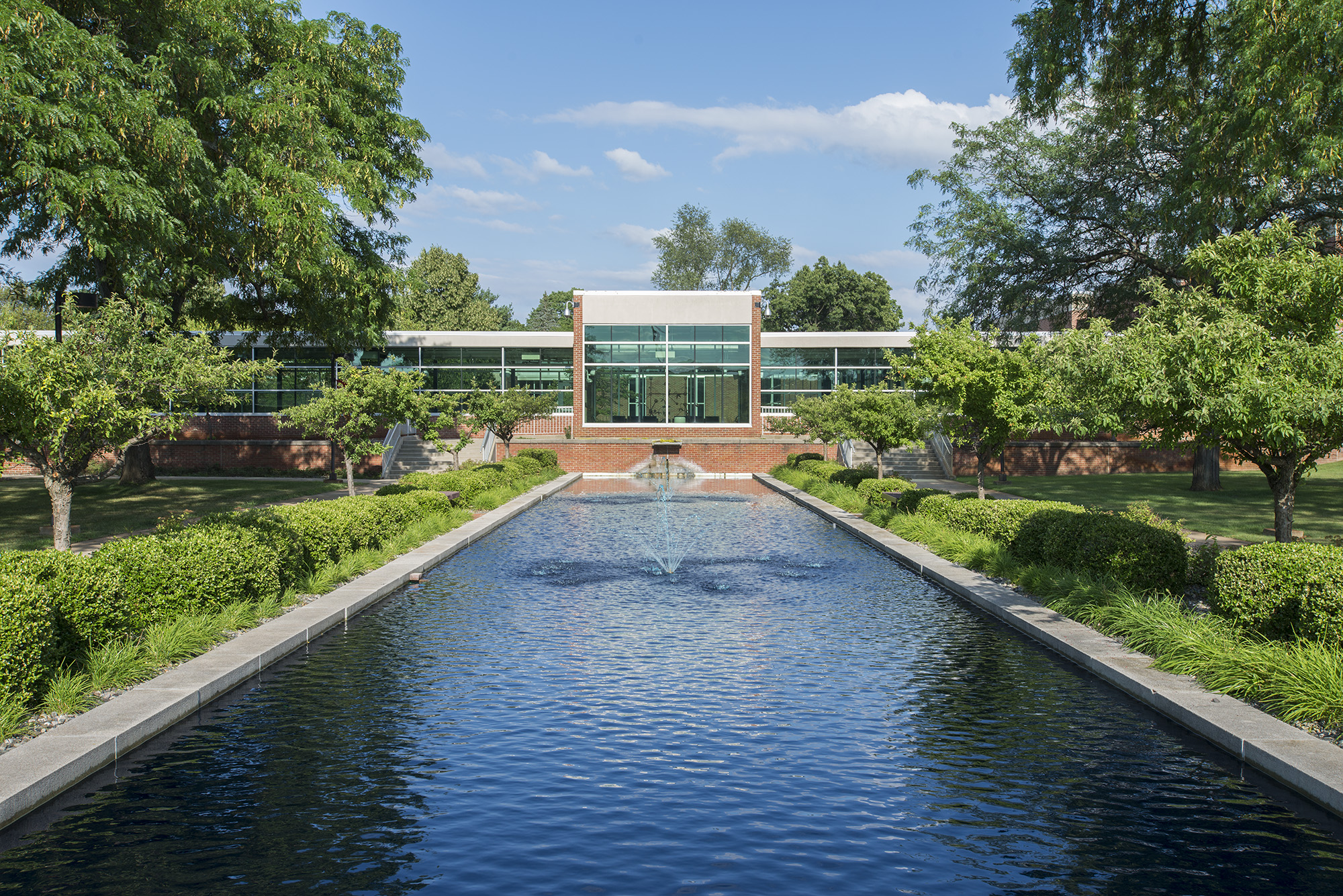Kellogg Community College is announcing today a series of operational changes and campus restrictions as part of the institution’s ongoing effort to reduce and mitigate the spread of the COVID-19 virus.
The changes announced today include ceasing in-person instructional activities at KCC’s Regional Manufacturing Technology Center in Battle Creek; discontinuing off-site clinical experiences for nursing students; restricting the general public’s access at all five KCC campuses; and increasing the levels of remote work being performed by KCC employees.
All campuses remain open with limited access for students and employees. The College also continues to offer a suite of remote, online and telephone-based services, including Admissions, Academic Advising, Records and Registration, Placement Testing and Financial Aid. Appointments can be scheduled with many departments via the KCC Virtual Services web page at Kellogg.edu/virtualservices.
In recent weeks, the seven-day average percentage of COVID-19 positive tests has risen to 14.3 in Branch County, 13.5 in Calhoun County and 13.0 in Barry County. As of Sunday, the seven-day average of new cases per million had risen to 646 in Branch, 572 in Calhoun and 473 in Barry, according to State of Michigan data at mistartmap.info. KCC has operations in each of those three counties.
At the same time, the number of positive cases among KCC students and employees has risen. As of Nov. 10, KCC recorded 11 new cases in one week, tying a new one-week record set in the previous week. Since the College’s first positive case in July, KCC has reported a total of 63 positive cases, including 34 in the past four weeks.
“Local health departments have not documented an outbreak or cluster at KCC, which is a sign that our mitigation efforts are working to reduce the transmission of the virus from one person to another at the College,” said KCC President Dr. Adrien L. Bennings. “However, our institutional efforts haven’t stopped individuals from contracting the virus elsewhere and bringing it with them into our buildings.
“The undesired impacts on KCC’s operations are clear. Over the past month, the amount of required quarantining alone has accelerated, resulting in reduced capacity, workload imbalances and heightened anxiety,” Dr. Bennings said. “Because we expect the current surge and its impacts on KCC to continue for the foreseeable future, we are taking several actions to reduce the human footprint on our campuses and prevent gatherings of groups. Our goal is for all of our Bruins to learn and work safely and with minimized risk of contracting this deadly virus.”
KCC’s fall semester is continuing on schedule, with students taking courses primarily online. The College intends to begin the Spring 2021 semester, which officially starts on Jan. 19, in a similar institutional posture of remote learning and working with limited access to campuses.
Additional details regarding the changes announced today include the following:
- Effective Nov. 11 through Dec. 31, 2020, the Nursing Education and Nurse Aide Training programs will discontinue off-site clinical and in-person classroom, lab and simulation experiences as soon as cohorts are able to make the change. This decision is in alignment with the Michigan Department of Licensing and Regulatory Affairs rule “allowing for 100% clinical experience hours in each course using virtual simulation and/or other clinically related online activities.”
- Effective Nov. 12 through Dec. 31, 2020, the Regional Manufacturing Technology Center will not offer in-person instructional activities. Earlier this week, students in affected programs were notified by email that they can complete certain modules online or work with their faculty to submit an Incomplete Contract to fulfill course requirements at a later date. Students can still access the RMTC front desk and Resource Room from 8 a.m. to 4 p.m. Monday through Thursday.
- Effective Monday, Nov. 16, through Dec. 31, 2020, access at all KCC campuses will be restricted to employees, students, tenants and contract staff. Guests and members of the general public will no longer be allowed on campus. Employees are reminded that they are still required to perform the MI Symptoms wellness check every day prior to entering a KCC building.
- Effective Monday, Nov. 16, through Dec. 31, at the North Avenue campus, most exterior doors will be locked and accessible only by those with KCC key cards and employee badges. Students can still access buildings through primary entryways, but not through side entrances. Students should plan to enter at one of the unlocked entries and then proceed to an office, lab or study area. KCC recognizes that access to campus Wi-Fi, the Morris Library and specialized labs is critically needed by students, especially at this stage in the fall semester.
“Safety is paramount at KCC, which is why we are making decisions today to provide a safer learning and working environment for the months ahead,” Dr. Bennings said.
After unprecedented campus closures from mid-March through June, KCC began its fall semester on Aug. 31 with a mix of online, face-to-face and hybrid courses while implementing strict measures regarding facial coverings, in-person meetings, social distancing, self-screening resources, facility cleaning and response protocols.
On Oct. 5, after an increase in local cases and positive infection rates, the College announced it was converting most of its face-to-face coursework to an online-only format for the remainder of the fall semester, which ends Dec. 18.
KCC’s Campus Reopening Plan, pandemic-related announcements and ongoing case data is available at Kellogg.edu/coronavirus.
For more news about Kellogg Community College, view our latest press releases online at https://daily.kellogg.edu/category/news-releases.
